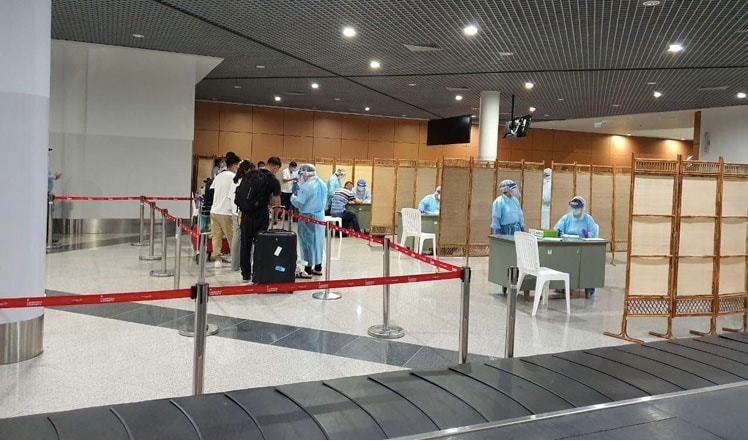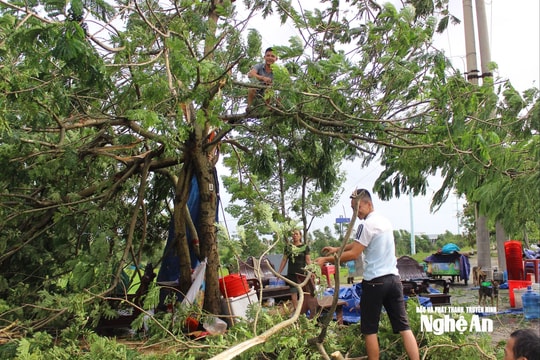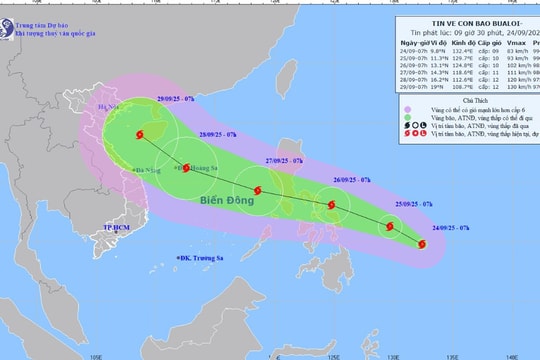UK approves drug to reduce risk of death, shocking discovery about Omicron variant
Germany will make Covid-19 vaccinations mandatory and ban unvaccinated people from most public spaces, while Cambodia continues to reopen despite concerns about the Omicron variant.
|
| Cambodia is considering lifting the ban on people from 10 African countries. Photo: Khmer Times |
Germany imposes new restrictions on unvaccinated people
Outgoing German Chancellor Angela Merkel and her successor Olaf Scholz announced on December 2 that the country will ban unvaccinated people from most essential businesses, except supermarkets and pharmacies, to limit the spread of the coronavirus. “Cultural and leisure events across the country will only be open to people who have been vaccinated or have recovered from the coronavirus,” Merkel said.
In addition, vaccination will become mandatory from February 2022. CNN news agency quoted Ms. Merkel as warning that the Covid-19 pandemic situation in this country is very serious, with the number of infections at a very high level and the vaccination rate in Germany is much lower than other European countries.
Infections in Cambodia at a minimum
Cambodia has once again recorded a low number of new daily cases. The total number of new infections on December 2 in Cambodia was 23, according to the Khmer Times.
Prime Minister Hun Sen called on Cambodians not to panic becauseOmicron variant. He said Cambodia does not have direct flights to South Africa, so there is no need to cancel flights to that country. South Africa was the first country to detect the Omicron variant.
Prime Minister Hun Sen also said he was reconsidering the ban on entry of citizens of 10 African countries. He said he changed his stance on this to avoid discrimination against those African countries.
More countries detect Omicron infections
Greece, India and Finland have detected cases of the Omicron variant.
The Guardian reported on December 2 that the Omicron variant was found in a person who had recently arrived from Sweden. Finnish authorities are testing samples from other people who traveled in the same group who have now contracted Covid-19.
Greece also detected its first case of the Omicron variant on December 2. Greek Health Minister Thanos Plevris said the patient was a resident of Crete who returned from South Africa last month. The patient had mild symptoms and all those who had come into contact with him were quarantined.
On the same day, the Indian government confirmed that two cases of the Omicron variant had been detected in the southern state of Karnataka. They were two foreigners, aged 46 and 66, who had recently traveled to South Africa. Both had mild symptoms. The number of infections in India is now at a record low, but the number of tests is also falling sharply.
UK approves drug to reduce risk of death
According to CNN news agency, on December 2, the UK approved the use of a drug that helps reduce the risk of hospitalization and death from Covid-19 by up to 79% in high-risk adults.
Xevudy, also known as Sotrovimab, has been approved by the UK Medicines and Healthcare products Regulatory Agency for use in patients aged 12 years and older. Xevudy has been confirmed to be safe and effective in reducing the risk of hospitalization and death in people with Covid-19 who are at risk of developing more severe disease.
The drug is jointly developed by pharmaceutical company GlaxoSmithKline and biotechnology company Vir (USA). GlaxoSmithKline (GSK) confirmed that the drug is effective in treating patients infected with Omicron.
Omicron triples the risk of reinfection
According to new evidence collected by South Africa's National Institute for Communicable Diseases, the latest epidemiological evidence shows that the Omicron variant can evade the immune barrier (created from infection with previous variants) and cause reinfection three times more often than previous variants.
However, the vaccine still appears to protect people infected with the Omicron variant from death and severe illness.







.jpg)

